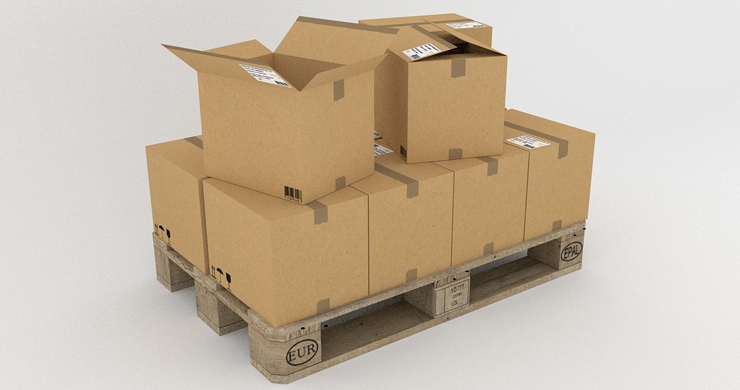Today, logistics plays a fundamental role in which there is no room for error. Fast delivery, accurate inventory, and efficient processes are now standards that customers take for granted. To ensure that all these gears mesh together, a warehouse management system becomes a fundamental element that allows for agile responses to market demands.
Everything under control at all times
Perhaps the most obvious benefit of implementing an WMS is real-time visibility of information. With instantly updated data on inventory and warehouse operations, decisions can be made quickly and accurately.
The use of tools such as mobile terminals, barcodes, or RFID allows you to know at all times which products are available, their location, and their status.
This control drastically reduces the error rate, which in turn speeds up processes and builds greater trust, both among customers and within the team itself.
Better space management
Having a robust system that helps locate each item or recommends the best location based on product turnover or characteristics becomes a fundamental aspect.
Thanks to this improvement in space optimization, processes become more efficient, with faster picking routes and shorter times. The impact is immediate, both in terms of cost reduction and increased customer satisfaction.
Complete integration for unprecedented performance
Having a good warehouse management system that works on its own does not make much sense if the aim is to integrate warehouse workflow with the rest of the company.
That is why integration with the rest of the company’s systems should be seamless, simple, and useful. From ERP to e-commerce platforms to TMS, any solution already in use at the company should be able to connect to create a functional ecosystem that maximizes advantages and facilitates adaptation to new scenarios as seamlessly as possible.
Savings that go beyond the tangible
All the advantages we have discussed so far have a positive impact, more or less directly, on the company’s bottom line. However, the benefits of implementing an EMS go beyond the tangible.
Thanks to the optimization of warehouse processes, overstocking is reduced, unnecessary movements are minimized, and energy resources are better utilized.
In addition to the economic impact we have already mentioned, these actions also have a positive impact on the company’s environmental footprint, something that is increasingly important in consumer perception and corporate responsibility.
InLOG’s contribution
With all of the above in mind, at InLOG we develop solutions that provide differential value.
Beyond technology, we offer tools that solve real problems. We improve process accuracy, integrate operations with other systems, provide real-time visibility, and, above all, accompany companies through a transformation that results in immediate improvements and can be adapted at their own pace.
Today more than ever, a warehouse is no longer just a place to store products: it is the heart of the supply chain and the key point where customer satisfaction is at stake. Having a modern, well-implemented management system will not only allow you to be faster and more efficient, it will also help you transform your operation into a sustainable, connected environment that is ready for the future.
You may also be interested in…





